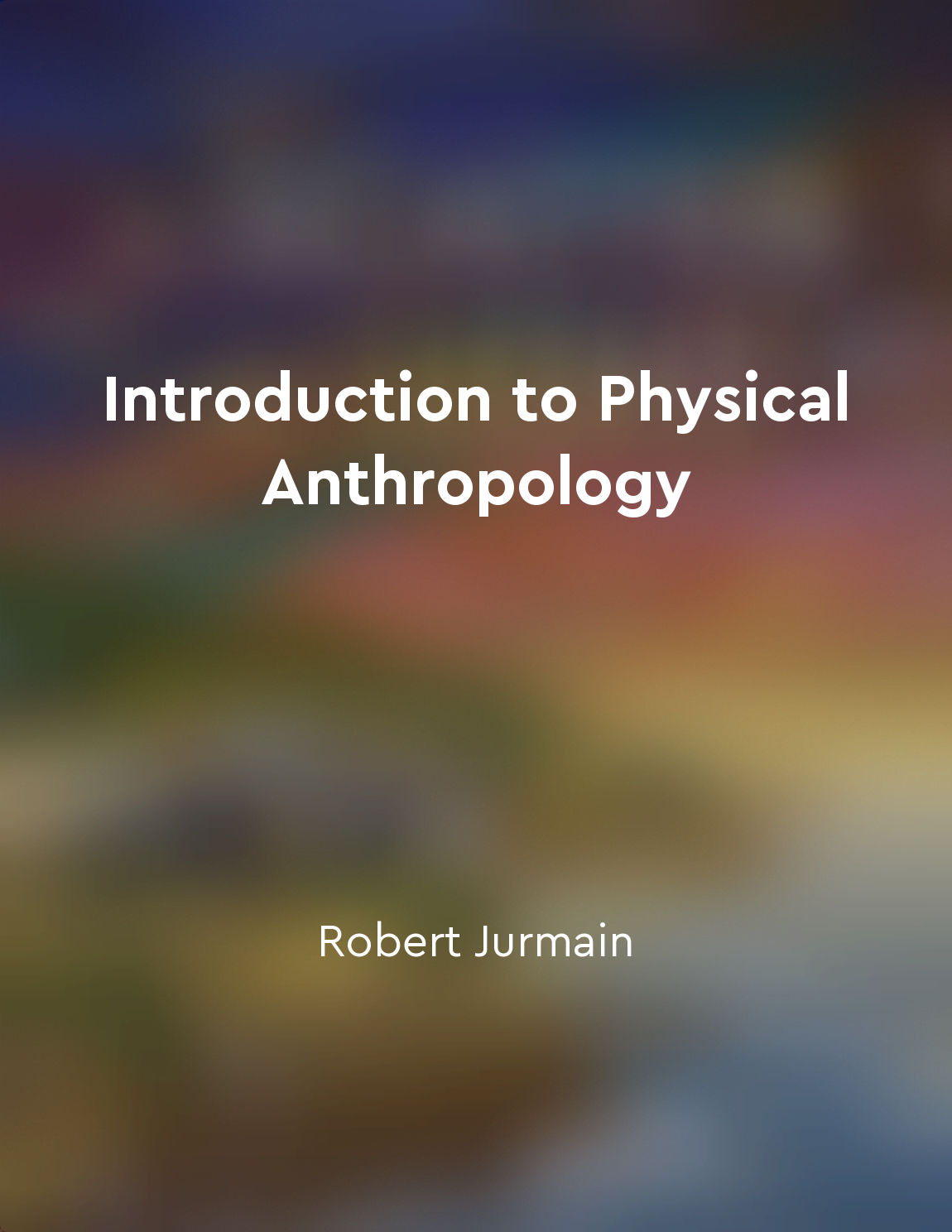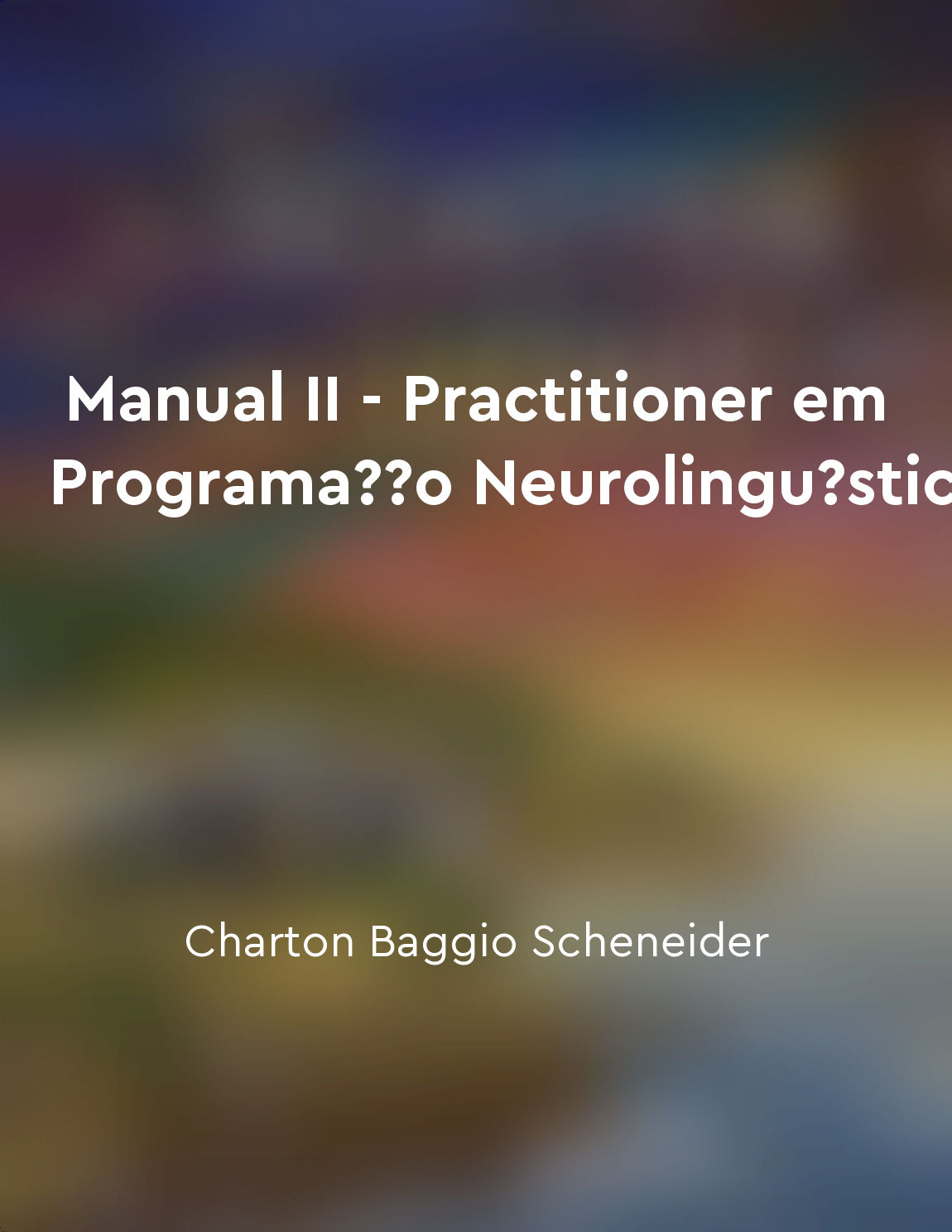Language is a social activity that relies on shared conventions from "summary" of Philosophical Investigations by Ludwig Wittgenstein
Language is not something that exists in isolation. It is a social activity that relies on shared conventions. These conventions are not fixed or universal, but are rather established through the interactions and agreements of a community of speakers. This means that language is not a private affair, but a public one that requires participation and cooperation. When we use language, we are not simply expressing our own thoughts and ideas. We are also engaging with the thoughts and ideas of others, as well as the cultural and historical contexts in which those thoughts and ideas are situated. This means that communication is not just about transmitting information, but also about establishing connections and building relationships. In order for language to function effectively, there must be a degree of consistency and predictability in how words and symbols are used. This is where shared conventions come into play. These conventions help to regulate the meaning and use of language, ensuring that communication is possible and meaningful. However, it is important to note that these conventions are not static or fixed. They are constantly evolving and changing in response to new contexts and experiences. This means that language is a dynamic and flexible system that is always in flux. In this way, language is both a product of social interaction and a shaping force on that interaction. It is through the use of language that we are able to construct and navigate our social world, forming bonds with others and negotiating our place within the community.- Language is a complex and multifaceted phenomenon that reflects the richness and diversity of human experience. It is through our shared conventions and collective efforts that we are able to communicate, connect, and make sense of the world around us.
Similar Posts

Cultural anthropology complements physical anthropology in understanding human societies
Cultural anthropology and physical anthropology are two distinct subfields within the broader discipline of anthropology. While...
Integration of arts in education
The concept of integrating arts into education is a pivotal aspect of nurturing a holistic learning environment. By incorporati...

The role of perception in shaping reality
Perception plays a crucial role in shaping our reality. It is through our perception that we interpret the world around us and ...
Cultivate a sense of authenticity and integrity
To cultivate a sense of authenticity and integrity means to align our words and actions with our true self. It involves being h...

Embracing the challenge of learning a new language
Learning a new language can be a daunting task for many people. It requires dedication, perseverance, and a willingness to step...
Feedback is crucial for improvement
Feedback plays a fundamental role in the process of improvement. It acts as a mirror, reflecting our performance back to us so ...
Cultural heritage influences human identity
The cultural heritage we inherit plays a vital role in shaping our sense of self. It is through our cultural background that we...
Recognize the power of framing in language
Framing is a powerful tool that can influence how people perceive information. By choosing the right frame, you can shape the w...
Be proactive in solving problems and taking initiative
Being proactive is about taking responsibility for our actions and choices. It is about recognizing that we have the power to c...
The ability to reason shapes our instincts
The human mind is a complex organ, capable of both instinctual reactions and reasoned responses. While our instincts are rooted...

